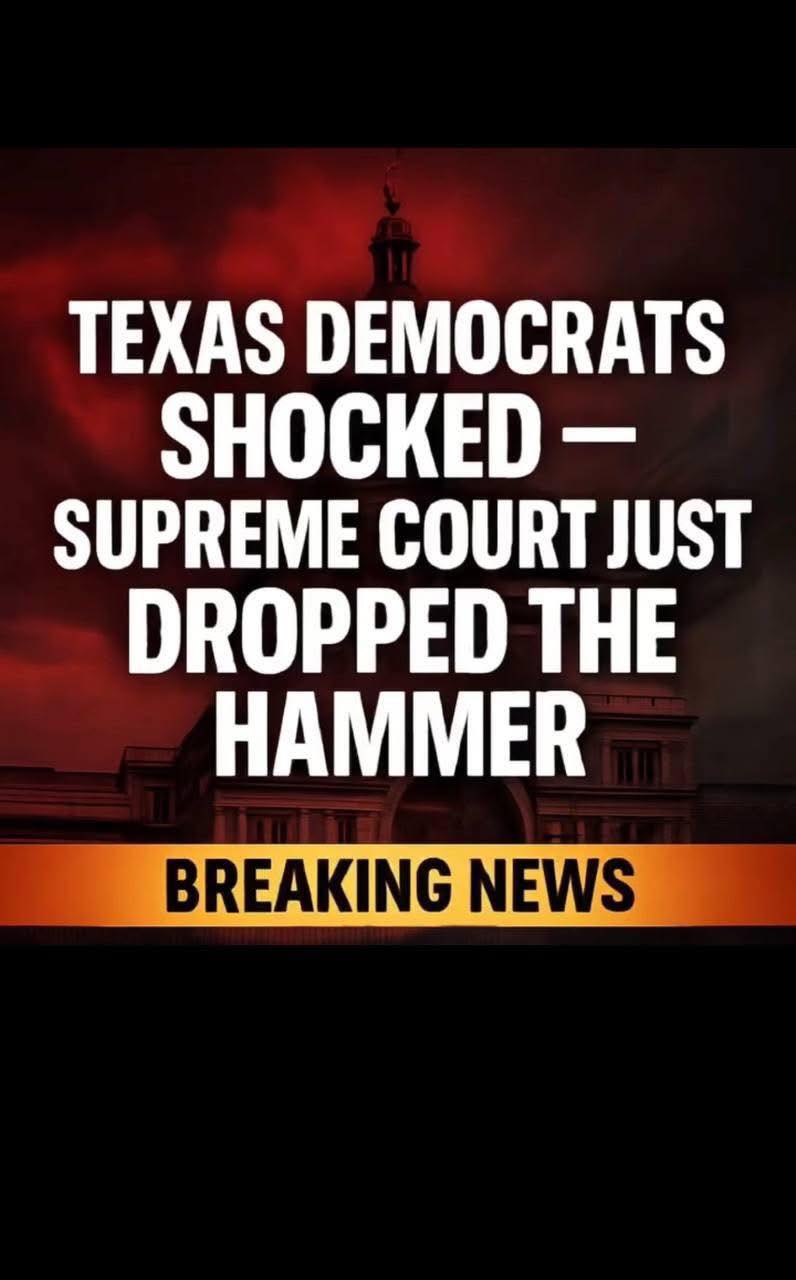The Texas Supreme Court has delayed Governor Greg Abbott’s effort to remove several Democratic lawmakers who left the state in protest of Republican redistricting plans.
Abbott, frustrated by the walkout, had asked the court to move quickly and decide within 48 hours whether to oust Rep. Gene Wu, chair of the House Democratic Caucus. Instead, the justices set a longer briefing schedule, giving both sides until September 4 to file responses—well past the current special legislative session.
Abbott and Paxton Join Forces
The court consolidated Abbott’s case with a similar lawsuit filed by Attorney General Ken Paxton, who is targeting Wu and a dozen other Democrats. While Abbott and Paxton initially sparred over which office had the authority to pursue the lawsuits, Paxton now says he is aligned with the governor, vowing to hold Democratic lawmakers “accountable” for breaking quorum.
Abbott cast the court’s timeline as a positive development, posting online that the decision moves the “ring leader of the derelict Democrats” closer to facing consequences.
The Stakes of the Standoff
The controversy began on August 3, when dozens of Democratic representatives left Texas to prevent the Republican-controlled House from advancing new congressional maps. The proposal, backed by pressure from former President Donald Trump, aims to create five additional GOP seats ahead of the 2026 midterm elections.
Democrats argue the plan is a partisan power grab, while Republicans note that gerrymandering has long been practiced by both parties. For Democrats, the walkout was the only tool available to derail the map, since the chamber cannot conduct business without a quorum.
A Rare Legal Test
No Texas lawmaker has ever been removed from office for breaking quorum, and no U.S. governor has successfully forced such removals through the courts. The case now puts the Texas Supreme Court in the unusual position of weighing whether political protest can be punished with expulsion.
With final briefs due in early September, the court’s ruling could set a precedent for how far governors can go in penalizing legislators who refuse to participate in votes.
